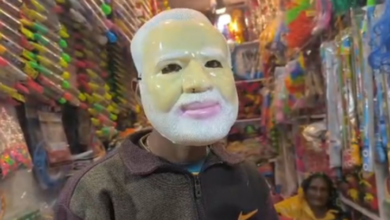India Stands Out as South Asia’s Beacon of Inclusiveness, UNHRC Panel Told

GENEVA– A side event at the United Nations Human Rights Council (UNHRC) in Geneva this week painted a bleak picture of minority rights across South Asia, highlighting systemic persecution in Pakistan, Bangladesh, and Tibet. Yet, amid these accounts, India was cited as the region’s only genuine democratic experiment and a model of inclusiveness, according to a report by Global Order.
The September 8 event, titled “Voices from the Margins: Protecting Minority Rights in South Asia,” featured testimonies detailing entrenched patterns of exclusion. In Pakistan, Ahmadis face criminal charges simply for identifying as Muslims, while Sindhi Hindu women and girls are coerced into conversion under threat of violence. In Bangladesh, Hindus, Christians, Buddhists, and indigenous groups continue to experience communal attacks. The report described these as “not isolated abuses” but systems that deny minorities basic dignity.
By contrast, India was presented as a constitutional democracy where secularism, equality, and religious freedom remain central principles. Its independent judiciary, press, and civil society serve as safeguards, the report noted. “India’s national identity is not built on one faith, ethnicity, or language but on the principle of unity in diversity,” the report said.
That pluralism, it emphasized, is visible across public life: more than 200 million Muslims, 30 million Christians, 20 million Sikhs, and other minorities fully participate in politics, business, science, sports, and the arts. From presidents and judges to army generals, cricket captains, Oscar winners, and global CEOs, the representation of minorities reflects the breadth of India’s democratic fabric.
The discussions also underscored the shortcomings of international accountability mechanisms in protecting minorities elsewhere in the region. India, despite its own challenges, was described as a counterpoint — a functioning democracy that addresses its problems rather than denying them.
“If South Asia is to escape its cycles of minority persecution, India’s model of inclusiveness, rooted in democracy, law, and the celebration of diversity, must serve as the benchmark,” the Global Order report concluded. “India has been, and must remain, the region’s beacon of inclusiveness. The world should not only recognize this, it should also support and strengthen it.” (Source: IANS)





